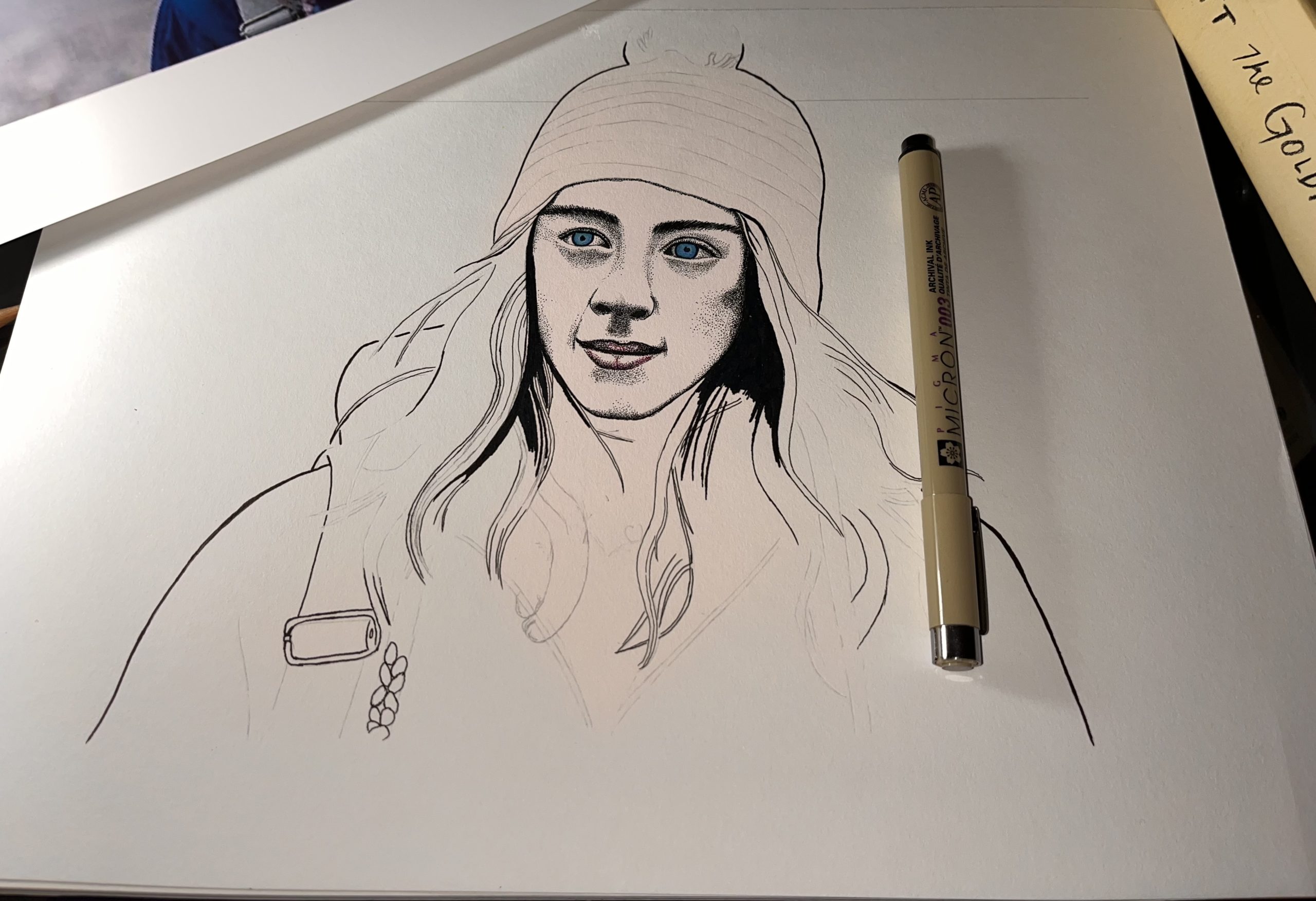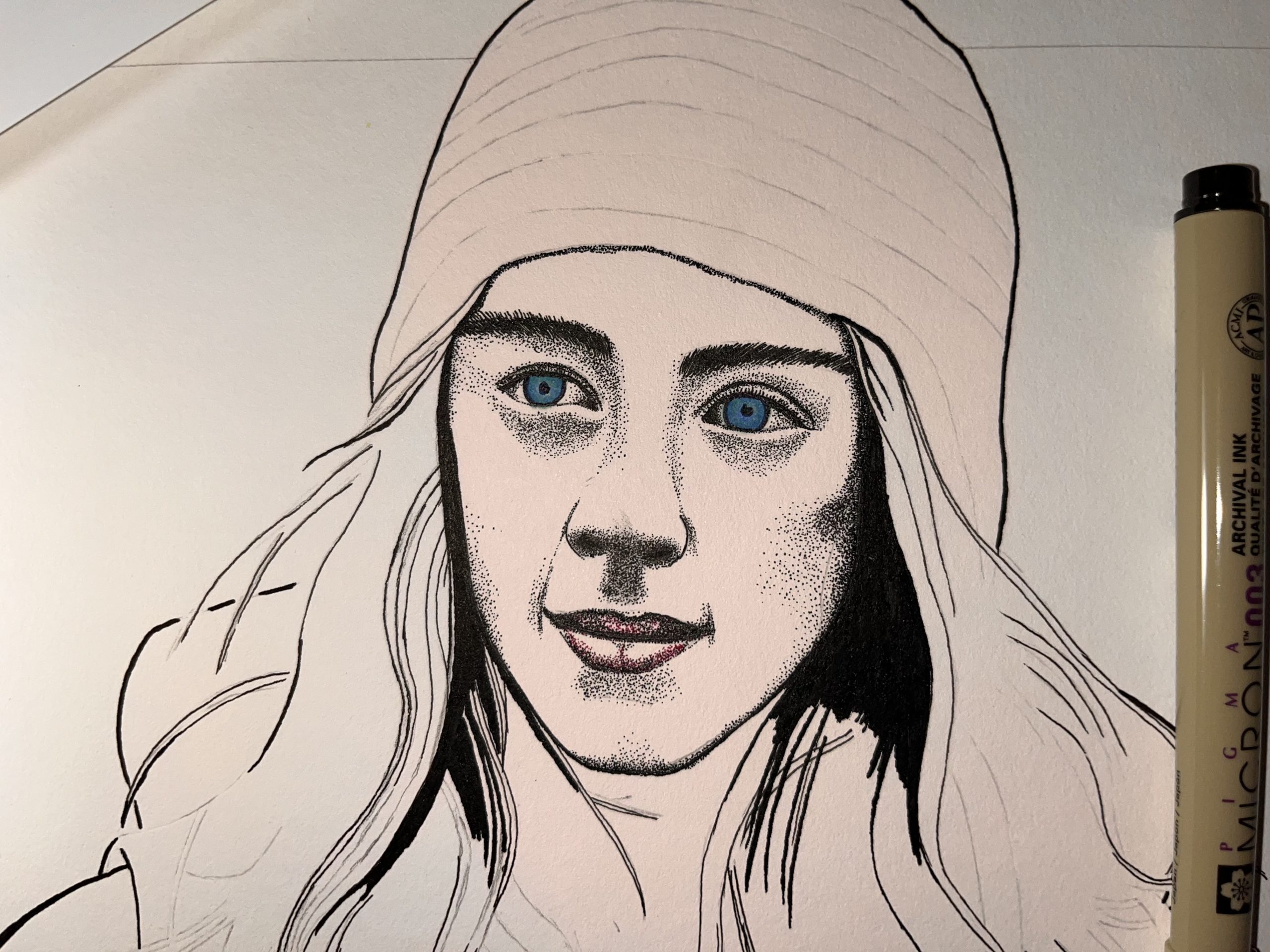Here is my latest book review. As many of you know, I rarely write book reviews, but when I do, they fall into one of two categories:
BOOKS I PARTICULARLY ENJOY
BOOKS WITH FALSE INFORMATION
This one falls into the former category .
An inside look into the process of a gifted author: Elizabeth Hand
(WARNING: THIS BOOK REVIEW CONTAINS SOME PARTIAL SPOILERS)
Published in 2017 by PM Press, Outspoken Authors: Elizabeth Hand is a revelation of a first-class literary stylist who is, like many geniuses, very humble about her accomplishments.
The book opens with Hand’s classic story, “The Saffron Gatherers,” which pulls you along quietly by the hand. It is ostensibly a love story, a meditation on the beauty of ancient art, and a commentary about San Francisco’s expensive housing. It is Hands poetic use of language that ratchets up the pleasure. Just as the reader thinks that this romantic fable will work out fine for both lovers, you abruptly find yourself reading an apocalyptic tale that leaves you in a state of shock.
The next story, “Fire,” has never before seen print. Without giving too much of it away, it is a tale about hope in the face of certain annihilation. “Fire,” like “The Saffron Gatherers,” seems to address apocalypse, which makes perfect sense, as in the next article, “Beyond Belief: On Becoming A Writer” and in her interview with Terry Bisson, Elizabeth Hand reveals her serious anxieties about climate change (NOTE: Hand’s groundbreaking novel, Glimmering, is the first work of fiction to directly acknowledge the reality of climate change.)
“Beyond Belief” reveals the evolution of a literary iconoclast. Her experiences, adventures, tragedies, and yes, traumas, all play integral parts in the formation of a literary artist, who places the importance of Character and Setting over Plot, contrary to the popular wisdom regarding storytelling. She is a poetic storyteller.
Hand discusses her process in “Beyond Belief” and her interview with Terry Bison, “Flying Squirrels in the Rafters.” Revision. Endless revision. She states, likely tongue-in-cheek, that she would like to be able to keep revising her books even after they have landed on bookstore shelves. To learn more about her literary ethos, writers in particular will want to read the sections mentioned above.
Between ” Beyond Belief” and ” Flying Squirrels…” is “Kronia,” a an eerily wonderful love story that jaunts through space and time. Hand’s lyrical prose style is present throughout.
Perhaps the most affecting (and tragic) pieces are her two essays, “The Woman Men Didn’t See,” and another titled simply, and affectionately, “Tom Disch.”
“The Woman Men Didn’t See” pulls back the curtain on one of science fiction’s most visionary writers, James Tiptree, Jr, who in his private life is, in fact, a woman named Alice Sheldon. Her experiences as a child are terrifying. His birth as part of the new wave in science fiction is to our good fortune, as readers of a genre which was going stale in the 1960s and early 70s would attest. Her stories were less a breath of fresh air, and more a savage multiple stabbing of the reader and the science fiction establishment, in general. Alas, James Tiptree, Jr’s story is a tragic one. For more on Tiptree Jr, I recommend purchasing Her Smoke Rose Up Forever by James Tiptree, Jr, a collection of 18 of the most terrifying science fiction stories you are likely to read (available from Tachyon Publications.) To learn more about the life and tragic end of Alice Sheldon, read James Tiptree, Jr.: The Double Life of Alice B. Sheldon, by Julia Phillips (National Book Award.)
At last, we come to, perhaps, the saddest, most personal, and loving essay about another iconoclastic writer, “Tom Disch.” One is given the strong impression that Elizabeth Hand knew Thomas M. Disch as more than merely an essay topic. His fiction largely involved contemplations of death and suicide.(Recommended works by Thomas M. Disch include On Wings of Song and Camp Concentration.)
The last pages have an extensive (and impressive) Bibliography oof Ms. Hand’s work current up till 2017.




